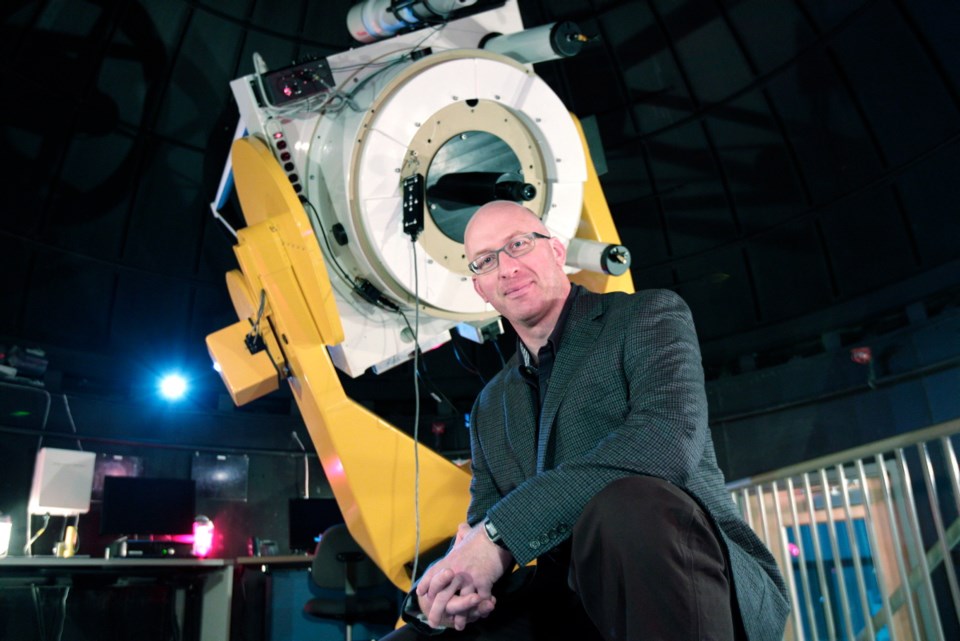Sometimes there’s a good thing right in front of you — and you just need a little push to see it. Howard Brunt, vice-president of research at the University of Victoria, aims to give Victoria that push. He wants the community to engage with some innovative thinking at the university through more than 50 free events at IdeaFest.
“Often in your own backyard, you don’t recognize what you have,” said the IdeaFest head. “We have a tremendous institution in Victoria and I’m really hoping people see why that’s the case.”
For two weeks from Monday to March 15, IdeaFest features free lectures, debates, panel discussions, exhibits, film screenings, symposiums, demonstrations and more. The public can take a guided tree walk or participate in a panel discussion about reconciling B.C.’s resource extraction with environmental concerns. Check out an exhibit on the modern zombie, then explore the ways physics and astronomy affect our culture.
“The idea is to really bring the community and university together to share in a whole range of interesting topics — everything from art and music right through to scientific research,” Brunt said.
IdeaFest began last year as an internal week-long celebration of research and creativity for UVic’s 50th anniversary. But this year, the number of events has nearly doubled and they’re fully open to the public. They’ll be delivered in an accessible way, relating current research and innovations to everyday life, in the tradition of the TED Talks lecture series or CBC Radio’s Ideas, he said.
While Brunt and his office gave faculty members basic guidelines to deliver something that would interest the public, he said faculty members took the lead on each presentation. Some events zero in on hot-button issues, such as a panel discussion on the problems with B.C.’s health-care system. Others are entertaining, such as a mini-film festival showcasing award-winning student films.
“I’ll feel really good if we have strong attendance. But more important than numbers is the quality of interactions and the excitement that the events generate,” he said.
For the full schedule, go to uvic.ca/ideafest.
For the digitally inclined:
The IdeaFest website is optimized for mobile devices, so you can browse events on your smartphones and tablets.
The following events will also be webcast at Uvic.ca/research:
• March 6 presentation: Storms, Floods and Atmospheric Rivers — Putting the extreme into West Coast extremes
• March 8 forum: Building an Innovation Nation — The role of universities in strengthening Canada’s future
• March 11 panel: Is there still potential for human creativity?
• March 12 panel: Does our health-care system need fixing?
• March 14 panel: How does B.C. reconcile resource extraction with environmental and economic concerns?



